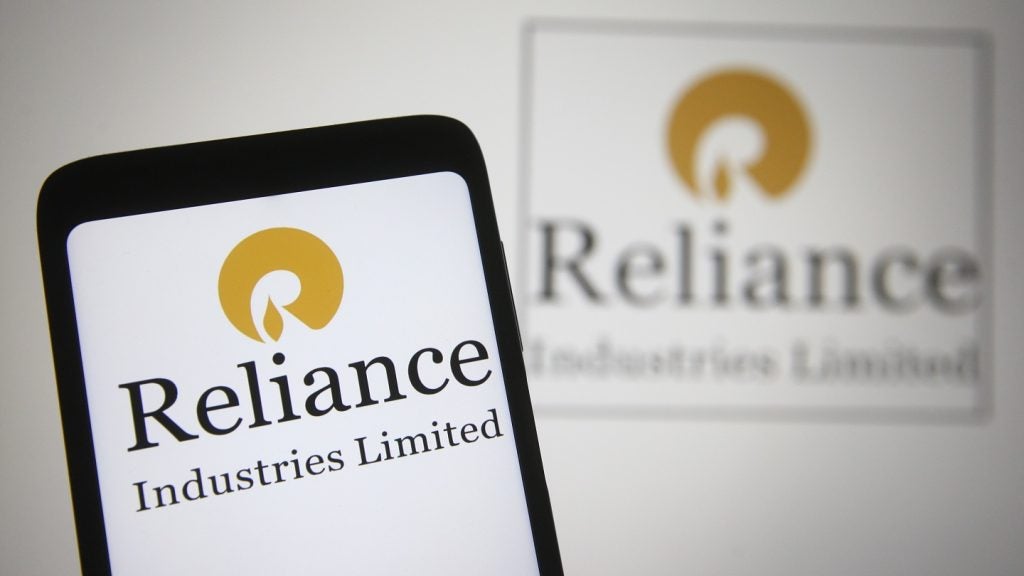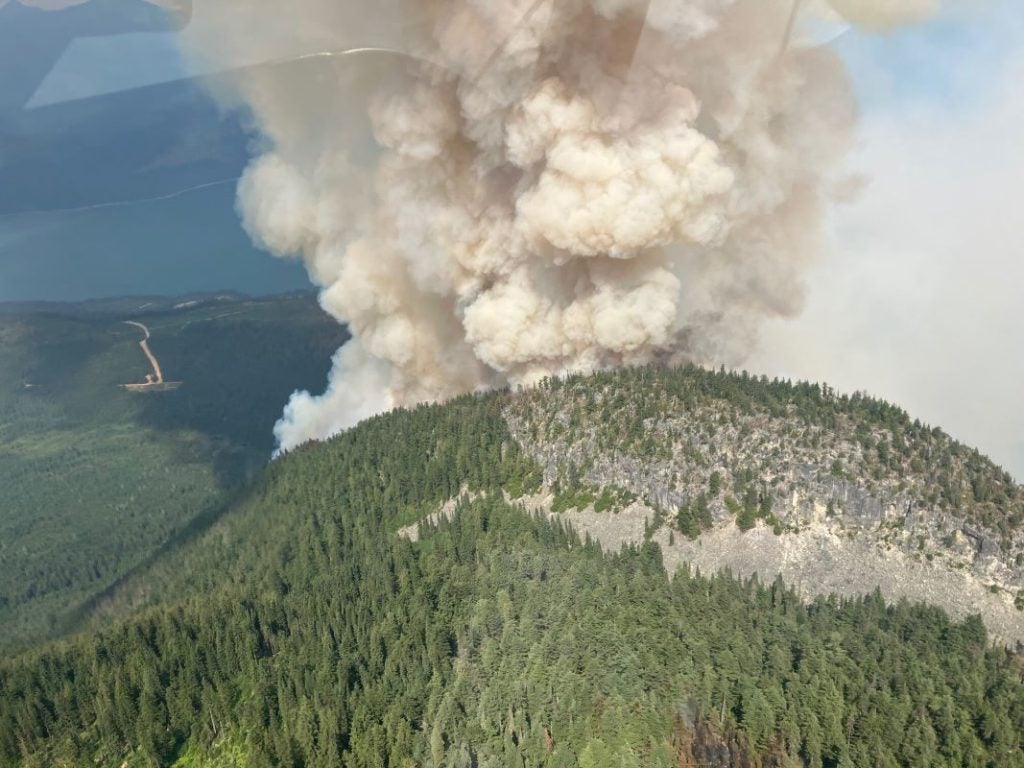Akpo (RT) is a producing conventional gas field located in ultra-deepwater in Nigeria and is operated by Total Upstream Nigeria. According to GlobalData, who tracks more than 34,000 active and developing oil and gas fields worldwide, the field is located in block OML 130 (OPL 246), with water depth of 5,716 feet. Buy the profile here.
An expansion project is associated with the Akpo (RT), namely the Akpo West Development. This project is currently in the feasibility stage, expected to start in 2028.
Field participation details
The field is owned by Africa Oil, Banco BTG Pactual, South Atlantic Petroleum and TotalEnergies.
Production from Akpo (RT)
The Akpo (RT) conventional gas field recovered 53.98% of its total recoverable reserves, with peak production in 2015. Based on economic assumptions, production will continue until the field reaches its economic limit in 2049. The field currently accounts for approximately 2% of the country’s daily output.
For more details on the Akpo (RT) Conventional Gas Field, buy the profile here.
Data Insights
From

The gold standard of business intelligence.
Blending expert knowledge with cutting-edge technology, GlobalData’s unrivalled proprietary data will enable you to decode what’s happening in your market. You can make better informed decisions and gain a future-proof advantage over your competitors.







